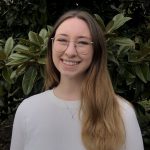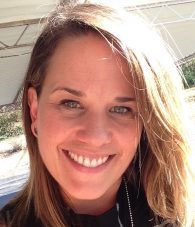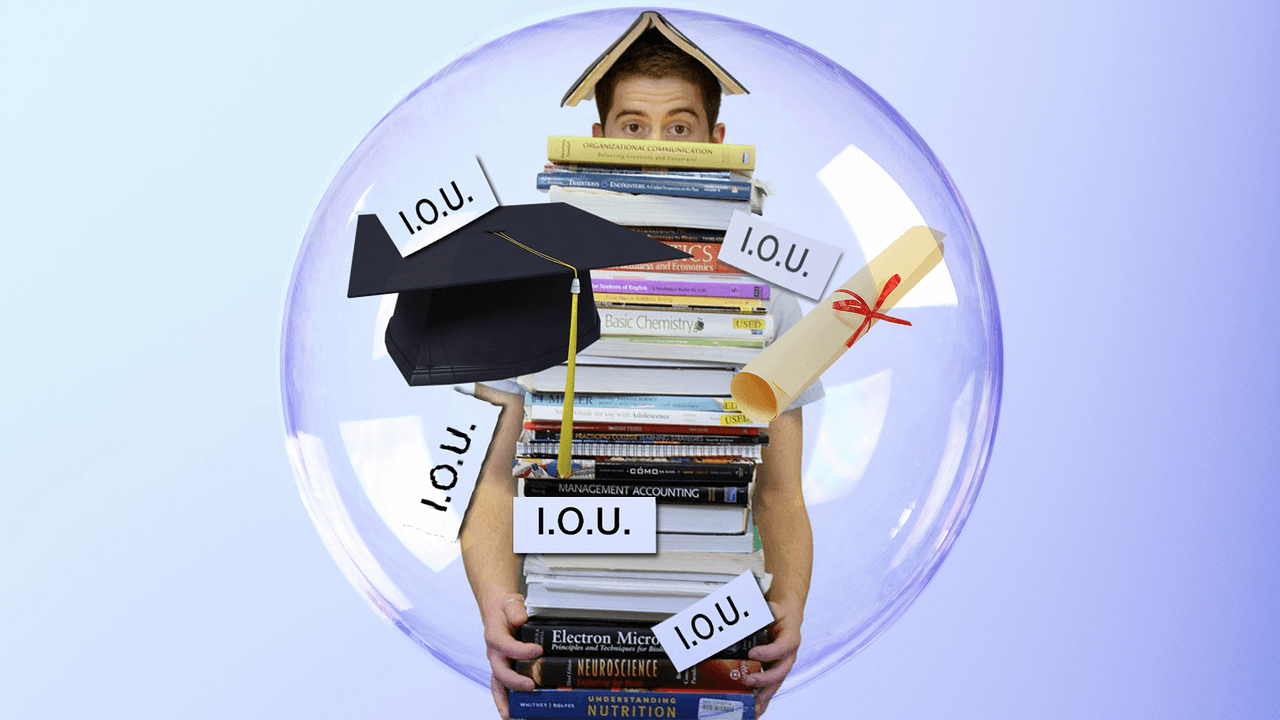Student-centric advice and objective recommendations
Higher education has never been more confusing or expensive. Our goal is to help you navigate the very big decisions related to higher ed with objective information and expert advice. Each piece of content on the site is original, based on extensive research, and reviewed by multiple editors, including a subject matter expert. This ensures that all of our content is up-to-date, useful, accurate, and thorough.
Our reviews and recommendations are based on extensive research, testing, and feedback. We may receive commission from links on our website, but that doesn’t affect our editors’ opinions. Our marketing partners don’t review, approve or endorse our editorial content. It’s accurate to the best of our knowledge when posted. You can find a complete list of our partners here.
Guide to Public Service Loan Forgiveness

 By
Kayla Korzekwinski
By
Kayla Korzekwinski 
Kayla Korzekwinski is a Scholarships360 content writer. She earned her BA from the University of North Carolina at Chapel Hill, where she studied Advertising/PR, Rhetorical Communication, and Anthropology. Kayla has worked on communications for non-profits and student organizations. She loves to write and come up with new ways to express ideas.
Full BioLearn about our editorial policies

Cait Williams is a Content Writer at Scholarships360. Cait recently graduated from Ohio University with a degree in Journalism and Strategic Communications. During her time at OU, was active in the outdoor recreation community.
Full BioLearn about our editorial policies

Annie has spent the past 18+ years educating students about college admissions opportunities and coaching them through building a financial aid package. She has worked in college access and college admissions for the Tennessee Higher Education Commission/Tennessee Student Assistance Corporation, Middle Tennessee State University, and Austin Peay State University.
Full BioLearn about our editorial policies

Maria Geiger is Director of Content at Scholarships360. She is a former online educational technology instructor and adjunct writing instructor. In addition to education reform, Maria’s interests include viewpoint diversity, blended/flipped learning, digital communication, and integrating media/web tools into the curriculum to better facilitate student engagement. Maria earned both a B.A. and an M.A. in English Literature from Monmouth University, an M. Ed. in Education from Monmouth University, and a Virtual Online Teaching Certificate (VOLT) from the University of Pennsylvania.
Full BioLearn about our editorial policies

Public Service Loan Forgiveness (PSLF) is a program that offers student debt relief for people working in public service. The program can be beneficial for people who have high student debt. Continue reading to learn more about PSLF and how it can help you!
Related: Scholarships360’s free scholarship search tool
About Public Service Loan Forgiveness
Public Service Loan Forgiveness is a federal program that was started in 2007. The program encourages graduates to pursue a career in public service.
If a borrower with federal loans works for a qualifying employer and makes 10 years of student loan payments, they will have their remaining loan balance forgiven. The loan forgiveness is tax-free. The 120 payments must be made in full, and the payments must also be made while enrolled in an income-driven repayment plan. This is because the loan balance would be paid off by the time you’re eligible for forgiveness on the standard 10-year plan.
See also: All about income-driven repayment plans
PSLF eligibility
PSLF has specific eligibility requirements. Applicants must meet all of the requirements in order to receive forgiveness.
The first main requirement is employment by the government, a 501(c)(3) non-profit, or an organization that does not have 501(c)(3) status but provides a public service. Examples of such services are:
- Emergency management
- Military service
- Public safety/Law enforcement
- Public interest law services
- Early childhood education
- Service for individuals with disabilities and the elderly
- Public health
- Public or school library services/other school-based services
To check if your employer makes you eligible for PSLF, use the PSLF Employer Search Tool. This tool will also allow you to track how many payments you have left.
The second requirement is the type of loans that are forgivable. PSLF will only forgive federal Direct Loans and is not applicable to private loans. If you have Federal Family Education Loan (FFEL) or Perkins loans, they can be consolidated into a Direct Consolidation Loan. Be sure to consolidate these loans as soon as possible if you want to have them forgiven so that your payments count toward the required amount.
Also see: Guide to student loan forgiveness programs
How can PSLF help you?
- Public Service Loan Forgiveness provides student debt relief for people working in public service. After 10 years of payments, you will have the remainder of your debt forgiven.
- PSLF is beneficial because payments are based on an income-driven repayment plan. Payments on these plans are based on your income, so you’ll be paying less per month than you would on the standard 10-year plan.
- PLSF encourages work in public service. This work can be rewarding and benefit other people. If you are hoping to work or already work in public service, be sure to check your eligibility for Public Service Loan Forgiveness!
Related: Grants to pay back student loans
Relying on PSLF
Public Service Loan Forgiveness is a program that can save you a substantial amount on your student loan debt. The program only kicks in after 10 years, so you’ll have to plan for it well in advance.
You can rely on the program as long as you are able to secure eligible jobs for that entire timespan. But before taking out loans with the intent of utilizing Public Service Loan Forgiveness, make sure to read the terms very carefully. 10 years of planning could result in $0 in loan forgiveness if you aren’t able to satisfy the strict requirements.
Additionally, remember that it is hard to know where you will be in 10 years. If you are not absolutely sure that you will continue in the public sector for that entire time, don’t rely on the program. Also, be cautious when taking out additional loans with the intent of qualifying for forgiveness. Remember, too much student loan debt is never a good idea!
Other options
If you are struggling to make your student loan payments but don’t qualify for Public Service Loan Forgiveness, there are other options out there. Falling behind on student loan payments has severe consequences, so you should make sure to address the problem sooner rather than later.
One of the best options if you’re not earning as much as you expected after graduation is an income-driven repayment plan. These plans base your monthly payments on your monthly income to make them more feasible. You can also look into getting your student loans deferred. If you qualify for deferment, you can take a break from repaying your loans. Oftentimes, your interest will still accrue during this time, so the option is not without its drawbacks.
You can also look into refinancing and consolidating your loans. Our comparison of refinancing and consolidating can help you to pick which option is best for you.
COVID-19 and PSLF
Before we wrap things up, one last thing to mention is how PSLF was affected by the COVID-19 pandemic. If you’re a borrower wondering how these 3+ years of paused loans affect your progress towards PSLF, don’t fret! So long as you were fulfilling all of the other requirements for PSLF during that time, those $0 payments will actually count towards your 120 required payments. So, you’ll end up repaying significantly less than you would have otherwise.
Make sure that you can provide all the proper documentation to prove that you met the eligibility requirements during those paused periods.
Frequently asked questions about Public Service Loan Forgiveness
Do I qualify for Public Service Loan Forgiveness?
Is student loan forgiveness a scam?
Can I qualify for PSLF sooner by making more payments sooner?





